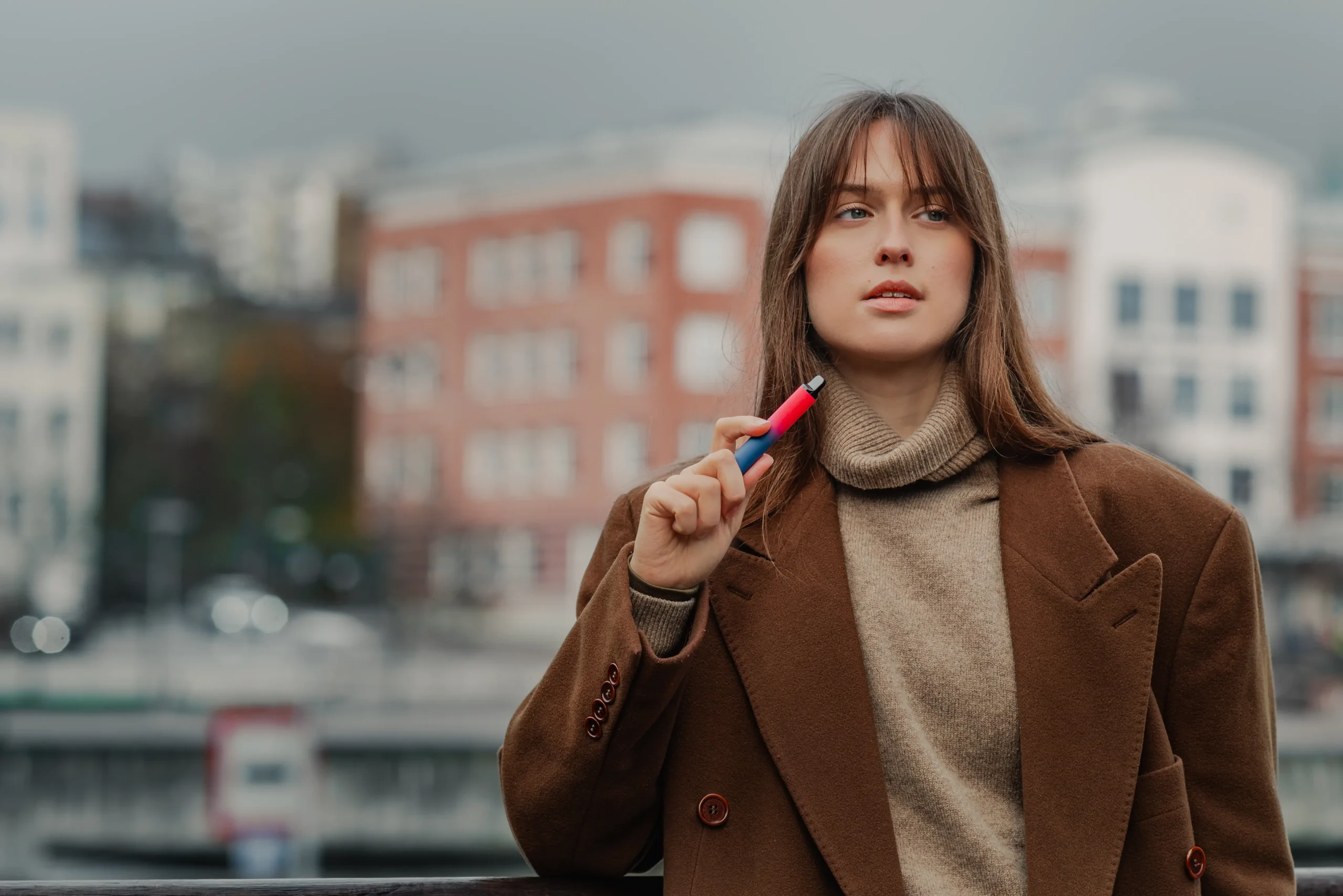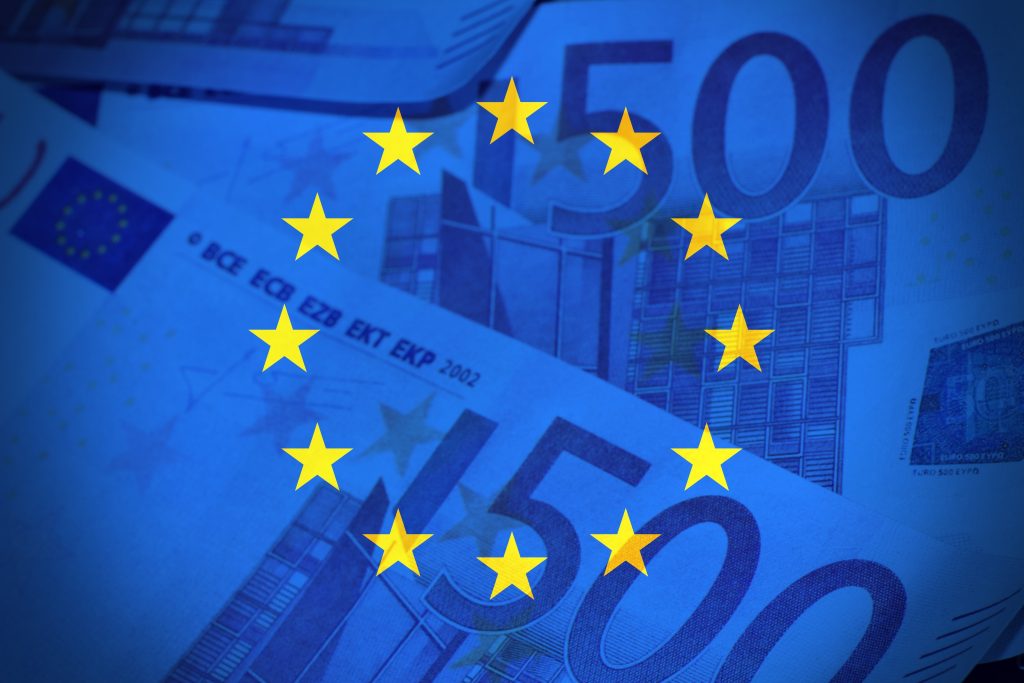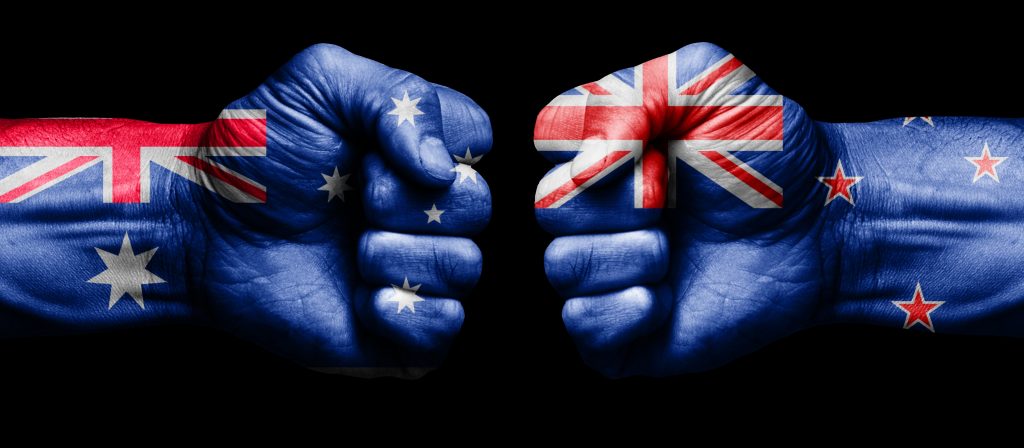Ireland Ignores Harm Reduction In Favour of Prohibition
12th Sep 2024

The Irish government is set to bring in prohibitive vape laws, despite obvious failures in other countries with similarly restrictive approaches to e-cigarettes.
Irish Health Minister, Stephen Donnelly, has received approval from the Cabinet to draft laws that include bans on flavours, point-of-sale display and advertising in shops and the use of vending machines, as well as a complete ban on the sale, import and manufacture of single-use or disposable vapes. The rules would also see restrictions on the use of colours and imagery on packaging. These measures are being taken, according to Donnelly, to curb youth vaping, despite sales to under 18s already being banned, which means that once again, a government is bringing in restrictive rules that will only impact adults.
The ban on disposables is being introduced on environmental grounds to reduce waste and prevent the release of harmful chemicals into the environment. While laudable to want to protect the environment, the move could be counterproductive if it drives vulnerable populations back to smoking. Research suggests that groups like the elderly and those with mental health or dexterity issues find these products especially useful.
Why flavour bans may backfire on public health
There is a lot of evidence that flavours help smokers quit not least because flavoured vapes taste nothing like a cigarette. Yet Donnelly’s plan is to ban all flavours, except tobacco.
Lessons from abroad: what went wrong in the US and Australia
Banning flavours in other countries has already proved counterproductive. Flavour bans in the US resulted in increased smoking, and a recent survey in Holland, where there is a very restrictive flavour ban, revealed that10% of vapers went back to smoking and most of the rest of them just find ways around the ban.
According to the most recent Healthy Survey Ireland report, 18% of Ireland’s population smokes, which is far above that of other countries like the UK and Sweden, where adult smokers have easy access to vapes and other products.
Ireland seems to be going down the same route as Australia, where vapes are so hard to get, they might as well be banned. The result is that 90% of the market is illicit and youth vaping far exceeds that seen in equivalent western countries. The black market in Ireland has already reached epidemic proportions with one in four people saying they buy black market goods.
What smokers really need: affordable, appealing alternatives
“All scientific evidence shows that when smokers have ready access to reasonably priced, appealing alternative products, they are more likely to quit smoking,” said Markus Lindblad head of communications at Pouch Patrol. “Anyone wanting to see an increase in quit rates, therefore, needs to understand that smokers have to want to use these products instead of smoking. We know through our one million global users of risk-reduced products, 60 percent of whom are former smokers, that smokers prefer mint, berry, and fruit flavours over neutral or tobacco flavours. Those who don’t believe these conclusions should look at how many former menthol smokers actually stayed quit and how many relapsed when they no longer had access to menthol vapes,” he said.





